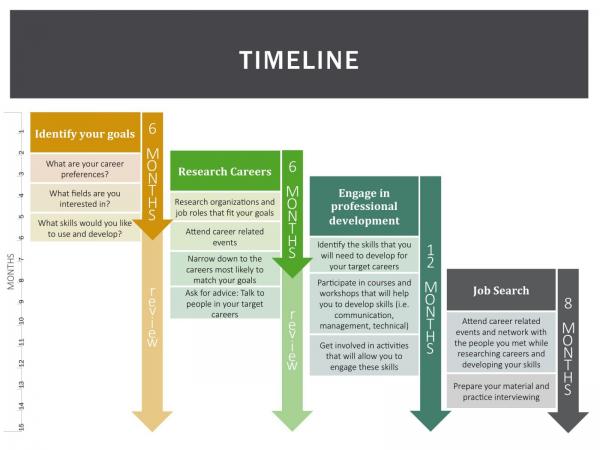
Career development is a lifelong process of learning and skills. Employers and employees share the responsibility. Career development involves balancing personal needs with career progression opportunities. It also helps to increase employee motivation. It should start early in life and can be facilitated by both employers and employees. Although it may take many forms, all of them are beneficial.
Career development is an ongoing process of learning new skills and improving your existing skills.
Career development is a lifelong process of choosing a career and acquiring new skills. It can be an intra-organizational process or an inter-organizational one. Career development can be achieved through self-assessment, matching your interests with available options, and/or by pursuing your passions.
Your employer may offer career advancement opportunities. Employers can offer training opportunities and education to help employees. It is important to set clear goals so that career development can flourish.

It helps employees feel more motivated
When you offer your employees career development opportunities, they are more likely to participate in the day-to-day operations of the business. They feel more confident and are more involved in their work. They are also more committed to their work which ultimately will improve the performance of the company.
A career development program can help improve your company’s bottom line. Engaged employees are more productive and less likely than others to quit. However, understanding the individual's motivations is key to getting your employees engaged. It is important to understand what drives your employees. Younger workers especially are more engaged when their work aligns with their values. Managers as well as employees can collaborate to adjust their roles to better reflect their values.
It is shared responsibility by both employees and employers
Career development is shared responsibility by employers, employees and the organizations that hire them. Employers can provide tools, information, as well as processes to help employees develop their careers. These resources may include competency mapping tools and skill gaps assessments, multimedia tools for learning on the go, or sponsoring higher education.
While career development is an ongoing process, employees must be involved and take ownership of their professional growth. Managers must help employees identify their skills and offer motivation. To help employees achieve their goals, mentors are needed. The organization's role should be to foster a learning environment that is safe and progressive.

It begins at the young age
It's crucial to start career development young. Children as young as five years old often meet people from different professions and are interested in the career they want to pursue. Success can be achieved by creating an environment that allows for experimentation and encourages exploration. These activities should be offered to young people, and they should also participate in community-based events to foster an interest.
Young people often find their passion in the early stages of their career development and approach learning and coursework cautiously. In the end, they try out new jobs and gain valuable experiences. Eventually, they may identify a career opportunity that they really like.